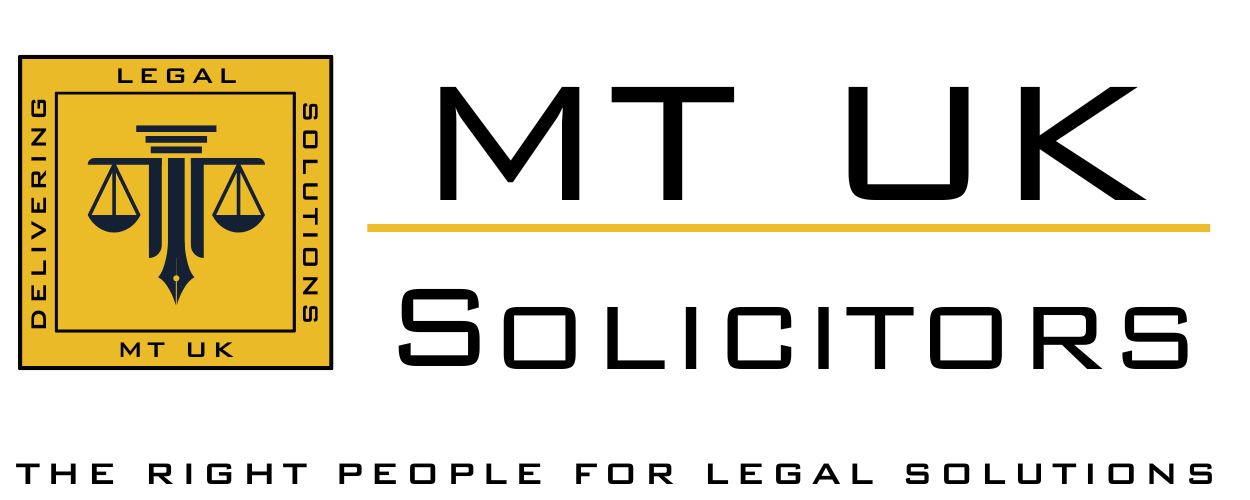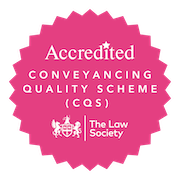By John Hyde >>
(15 May 2019)
Almost half of firms placed under extra scrutiny by the Solicitors Regulation Authority for potential money laundering breaches could now face disciplinary proceedings after alleged failures were exposed.
The regulator reviewed 59 firms that provide trust and company services – seen as a particular risk for criminals laundering money – and is now investigating 26 for possible rule breaches.
The review found no evidence that firms had actually laundered money or that they had any intention of becoming involved in criminal activities. But red flags were raised at more than a third of firms under review about their lack of adequate risk assessment. In four cases, firms had no risk assessment at all.
While 15 firms had turned down work following due diligence, a similar number were found to have inadequate processes in place to manage risks around politically exposed persons (PEPs), individuals whose prominence in public life could make them vulnerable to corruption.
SRA chief executive Paul Philip said: ‘Most solicitors take their responsibilities seriously, but too many firms are falling short. Those firms should be on notice that compliance is not optional. They need to improve swiftly. Where we have serious concerns that a firm could be enabling money laundering, we will take strong action.’
The SRA’s message has been repeated several times in recent years, but the prospect of sweeping prosecutions involving dozens of firms is intended to drive home the message that action is required.
The net is set to be cast wider in the coming months, with the regulator beginning a further compliance review of 400 firms, led by a new dedicated anti-money laundering unit.
Around 7,000 firms do work that falls under the scope of the government’s money laundering regulations. In the past five years, 60 cases have been brought before the tribunal linked to potential improper money movements, with more than 40 solicitors struck off.
A Law Society spokesperson said: ‘The SRA’s findings will help us pinpoint those elements of the regulations that members still find challenging and tailor our support services to member needs. The findings also help members understand and prepare for the level of detail that the SRA clearly expects to see in firms’ compliance procedures.
‘Chapters 2, 3 and 4 of the legal sector AML guidance deal with most of the challenges identified by the thematic review. Where a specific question is not answered by the guidance, members should call our Practice Advice Service for free and confidential advice.’
(Courtesy: Law Society Gazette)








